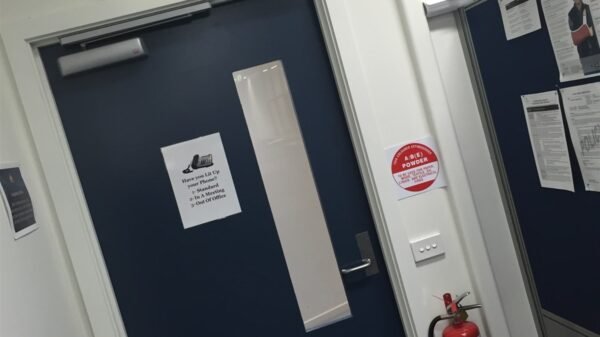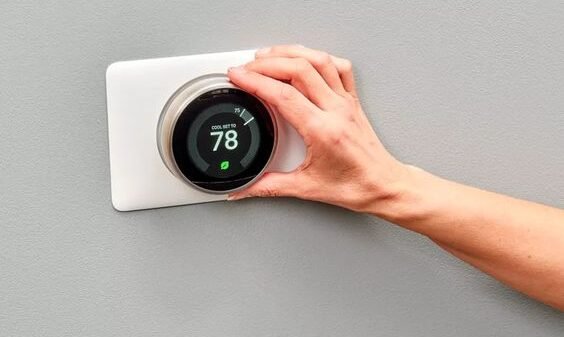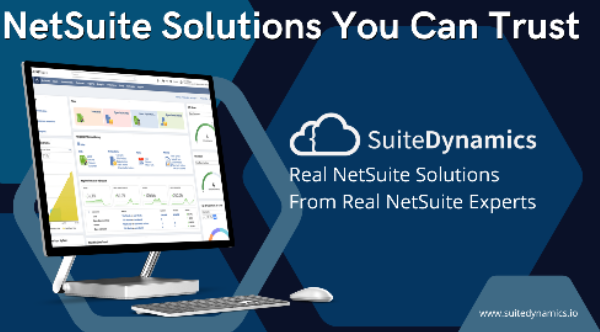The pandemic quickly changed how the world worked. In the US and elsewhere, the remote work concept gained steam until many companies were allowing exclusively a work-from-home model until lockdowns lifted. These days, vaccines do exist, but many companies still allow remote work, especially if you have an employee who has an immunocompromised condition.
Because remote work is so popular, software platforms and apps that allow employees to work remotely have flooded the market. They were already out there before Covid-19, but now, many more companies and workers use them than ever used to do so.
This also means that software needs better security measures in place than ever before. It’s one of the few remote work drawbacks, and we’ll talk about it in this article.
How Much of a Security Problem is Remote Work?
In 2020, 20% of cybersecurity leaders say remote workers caused security breaches. 74% of data breaches began with privileged credential abuse as well. All this is another way to say that there are significant security drawbacks with the remote work model gaining steam across multiple niches or industries.
There are cybersecurity experts who work directly for some companies. These larger business entities will keep such an individual on staff for what IT industry leaders call “ethical hacking.” It means the person who does it tries to probe an existing app, network, or software program. They see if they can identify and correct any vulnerability areas before a malicious hacker does.
You might also hire a freelancer to do this if you have a smaller company and can’t afford to have an ethical hacker on your payroll full-time. Either way you do it, though, these individuals have sounded the alarm over the past couple of years about remote work. They know that as convenient as it is, it opens up all kinds of new cyber threats with which the average business must contend.
What Can Remote Workers and Companies Do About This Problem?
Let’s talk more specifically about software platforms companies use for remote work. Many of them are out-of-the-box solutions, meaning they’re not bespoke systems that developers build from the ground up. This is because the out-of-the-box software solution is usually a lot cheaper and easier to maintain than the alternative.
If you have one of these software systems in place, and your remote workers use it every day to clock in, communicate with their fellow employees, etc., the situation is not as dire as some cybersecurity experts might make it seem. Yes, hackers are out there, but there are some relatively easy safeguards you can put in place that make them using remote worker terminals as access points less likely.
Setting up a VPN, or a virtual private network for your workers, is probably the single biggest action you can take to stop hackers if you’re using mostly or exclusively remote workers. Nearly all cybersecurity experts agree on this.
A VPN acts like a private tunnel where you can send information back and forth, unimpeded. Your remote workers can access your central network and vice versa. This private network ensures no prying eyes are watching as you speak about trade secrets or marketing strategies.
What Else Can You Do to Protect Your Software and Remote Workers?
You can also protect both your work software and the remote employees who use it by using an encryption system every time you communicate. This way, if your remote worker misplaces their tablet or smartphone, that device will contain only useless information for a would-be hacker.
End-to-end encryption is what can keep your software platform the safest if you have dozens or hundreds of workers using it at the same time, around the country or internationally. Most of the popular software platforms, like Adobe Acrobat and Microsoft Office, can encrypt both your documents and files, so this becomes less of an ongoing issue.
If you can also set up firewalls, anti-malware, and antivirus software for your remote workers to use, you should be in good shape overall. Your remote workers can use your network and tools freely, and hackers will usually go to a different target if your setup proves too difficult to crack.
If you haven’t taken protective software measures yet, but you continue to allow remote work, you’re asking for trouble. It’s probably lucky you have not had a breach yet. It’s okay, though: you can start looking into security measures now before any more time passes.





























































